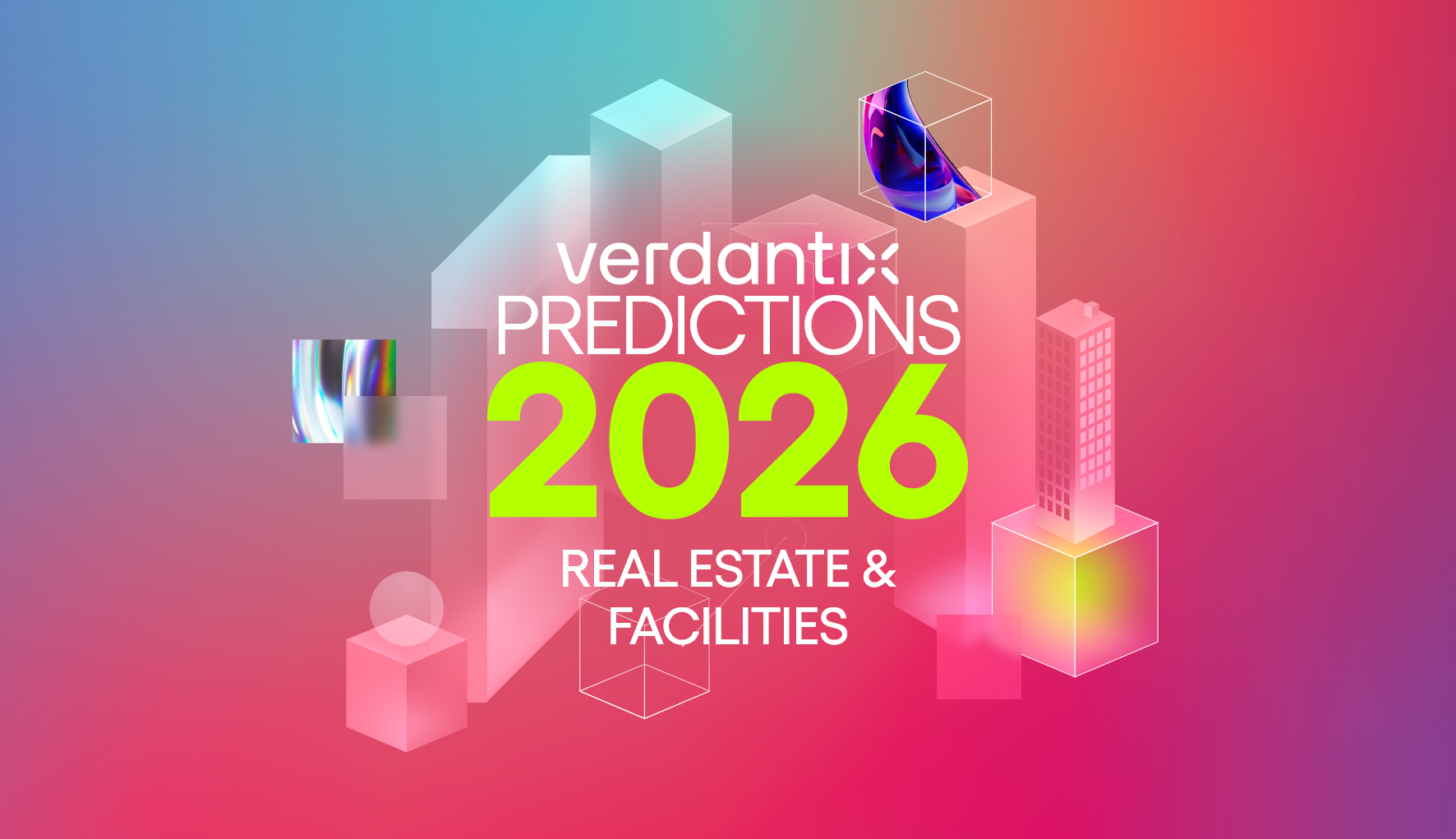Global Corporate Survey 2022: Smart Building Technology Budgets, Priorities & Preferences

Ben Readman

Justine Bornstein
Access this research
Access all Real Estate Leaders content with a strategic subscription or buy this single report
Need help or have a question about this report? Contact us for assistance
Executive Summary
This report presents the results of 350 telephone interviews conducted with real estate and facility manager executives across North America, Asia-Pacific (APAC), and Europe, the Middle East and Africa (EMEA), from May to July 2022. These executives are implementing strategies in response to a turbulent economic climate and shifting workplace demands in an era of hybrid work.
Firms are balancing initiatives around cost reduction across energy use and under-utilized space; office redesign to support new working patterns; and the health and wellbeing of staff as they return to the workplace. Budgetary challenges and uncertainty over long-term real estate plans have hindered technology investment plans somewhat.
Real estate and facilities directors and heads can use this report to compare their own firms’ smart building technology strategies and investment plans. Smart building product and service providers can benefit from it to better understand market demand and emerging areas of interest over the short and medium term.
The Verdantix Sixth Annual Smart Building Survey
Methodology
When And Why: Macro Issues Impact Corporate Confidence
Multi-Dimensional Challenges Drive Real Estate Strategies
Managers Contend with Many Objectives
Reducing costs is still on top, but barely.
Return to work requires focus on health and wellbeing.
Global labour shortages are a key concern.
Resilience is top only in APAC.
Decarbonization slides down the agenda.
Right-Sizing Is Difficult, Due To Unpredictable Occupancy
Downsizing sentiment is higher than intention to expand.
Corporates plan to shed excess and amenity-poor spaces
Flexible portfolio design enables flexible work.
Pathways To Improved Performance
Portfolio: The Real Estate Reporting Ramp-Up
Turning to technology helps.
Property (1): Building Optimization
Energy management is a singular focus.
Firms Double-Down On Easy And Affordable Decarbonization Options
Corporates opting for tried and trusted technologies.
CAPEX-heavy technology attracting few takers.
Property (2): The Case For Space (Management)
Corporates are trialling a variety of space monitoring sensors.
Hybrid working is the catalyst for space monitoring software.
People (1): Healthy Buildings Are Pivotal To Post-COVID Workplaces
Supporting staff health and wellbeing is top of mind for real estate managers.
Corporates plan to reinvest in health and wellbeing software.
People (2): Encouraging Employees To Return
Corporates are accelerating efforts to improve office life.
Continued software rollouts boost workplace experience.
Technology investment is just one way to entice employees back to the office.
Smart Building Software Spend Slows
Hybrid working has pushed investment in workplace management software.
There are challenging times ahead as IWMS vendors transition to CPIP vision.
Some see additional business value in digital twins.
Next-Gen: The Future Is Here… But Not Quite Yet
3D visualizations offer flexibility and value in the post-COVID era.
Energy-intensive and asset-heavy industries plan to use edge computing.
Integration And Openness Are Now Essential For Vendors
Openness is fundamental to accessing the corporate tech ecosystem.
Figure 2. Industry Categories Of Firms Surveyed
Figure 3. Ranking Of Real Estate Objectives, Next Three Years
Figure 4. Portfolio Management Initiatives, Next Two Years
Figure 5. Initiatives Firms Plan To Undertake, Next 12 Months
Figure 6. ESG And Sustainability Reporting Software Adoption
Figure 7. Investment Plans For The Following Decarbonization Initiatives For The Next 12 Months
Figure 8. Use Of The Following Hardware Technologies For Collecting Building Data
Figure 9. Use Of Commercial Software To Support Space Monitoring
Figure 10. Supporting Staff Health And Wellbeing, Next 12 Months
Figure 11. Software Plans To Support Staff Health And Wellbeing In The Office
Figure 12. Improving Employee On-Site Experience, Next 12 Months
Figure 13. Use Of Commercial Software To Support The Following Facilities And Real Estate Processes
Figure 14. Expected Investment Increase In Software Categories, Next 12 Months
Figure 15. Awareness Of Digital Innovations Related To Facilities And Real Estate
Figure 16. Plans For Real Estate And Facilities Software Over The Next Five Years
About the Authors

Ben Readman
Industry Analyst
Ben is an Industry Analyst covering the real estate sector, with a focus on data centres and hotels. His core research covers more than 100 vendors in the energy efficiency, s...

Justine Bornstein
Research Director, Smart Buildings
Justine is the Research Director of the Verdantix Smart Buildings practice. Her current research agenda focusses on digitisation, decarbonisation and optimisation across the b...










